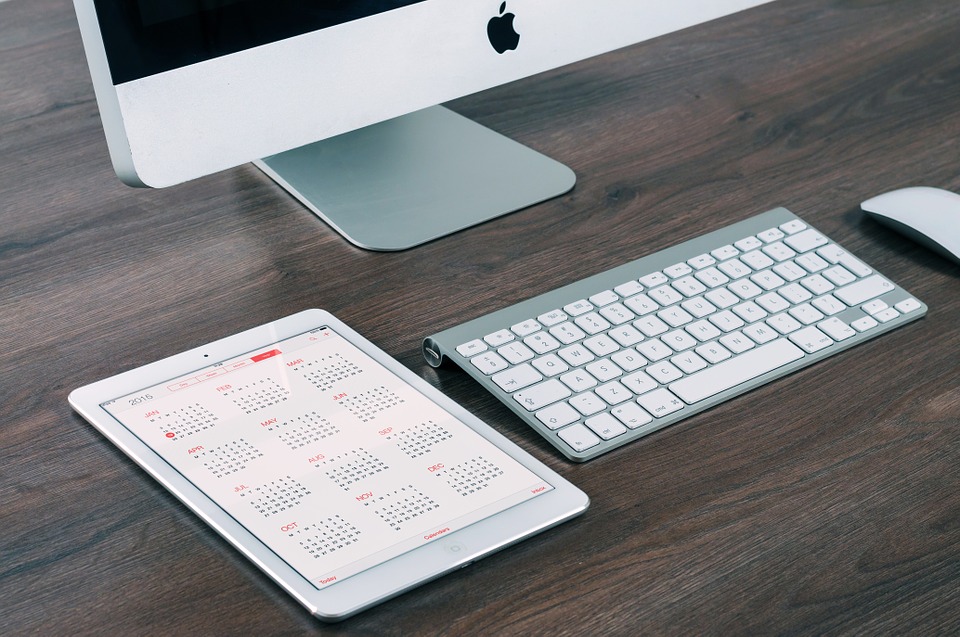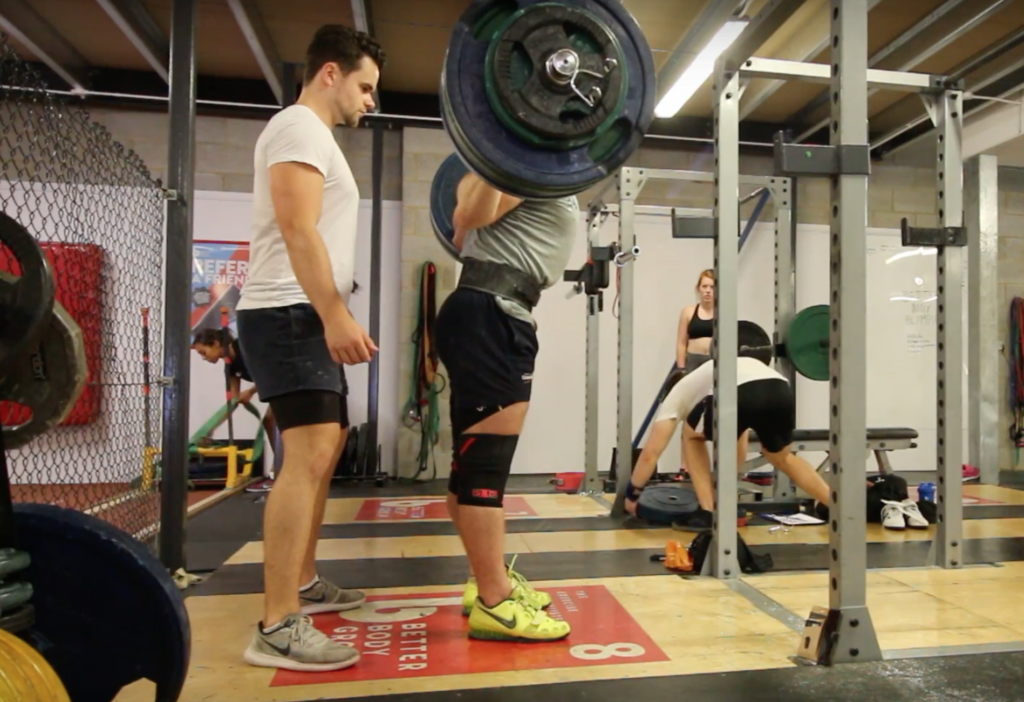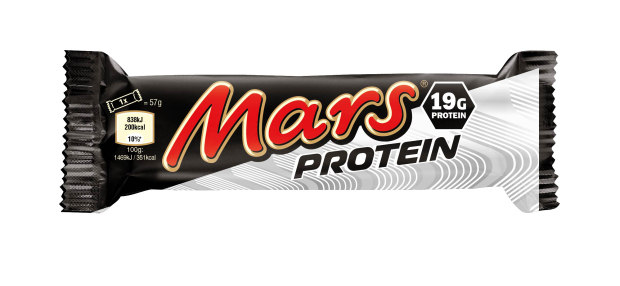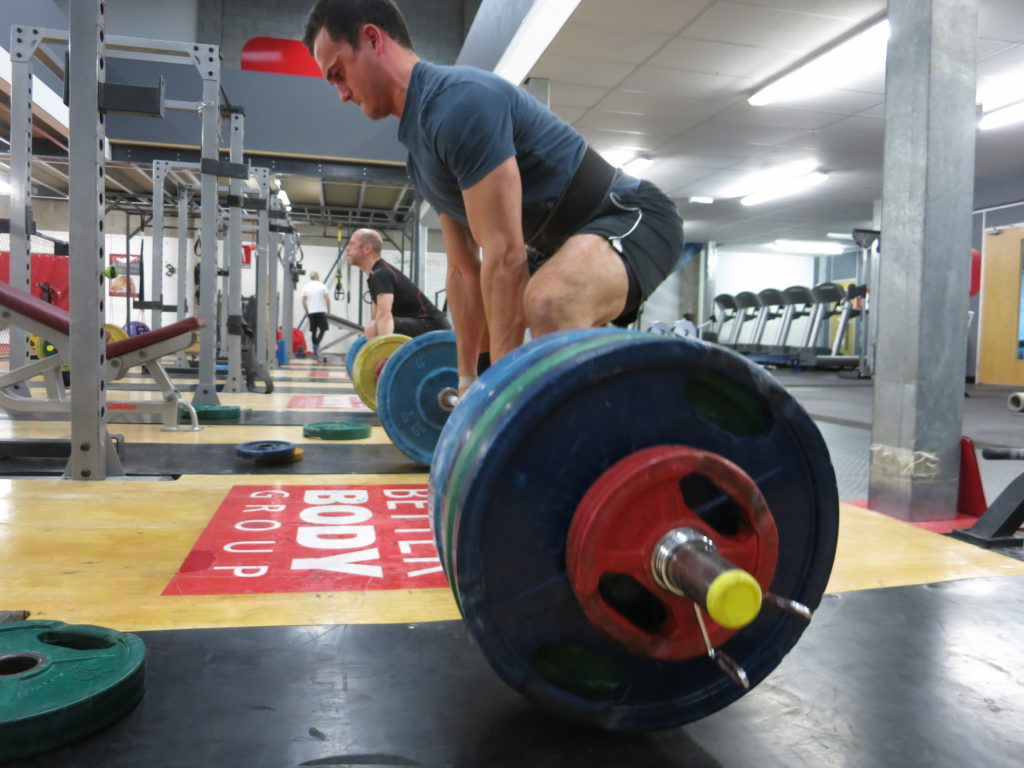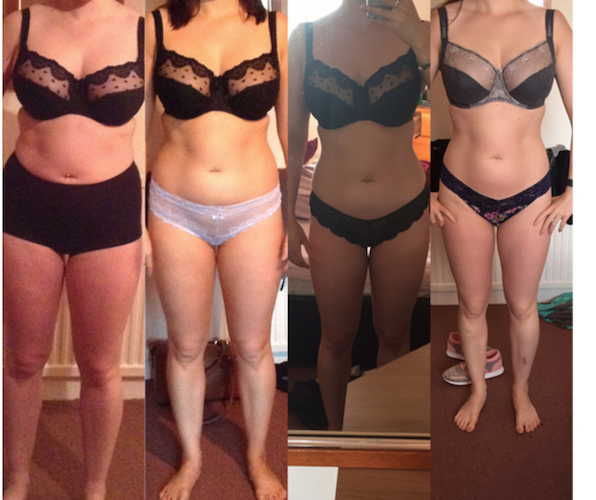How To Stay In Shape if You Work Long or Odd Hours
I’ve got some clients who work some pretty outrageously long or odd, often “overnight” hours. Their professions and roles include:
- Hospital doctors & nurses (pretty much anyone who works in a hospital has crappy hours)
- News editors
- Teachers & headteachers
- Executive roles
- And many more (mothers & fathers, builders, people on oil rigs, I could go on…)
All of these jobs aren’t usually your typical 9-5.
With this comes a fair share of difficulties when it comes to training and nutrition:
- Hard to fit in meals at typical times
- Lack of diet friendly food available
- Tough to get time to train
- Lack of sleep
- Low motivation
- Being sedentary
Whilst these are all hurdles getting in your way to a fit and healthy physique, understand this:
There is always a work around.
No matter what your situation, there is likely always a way to get to where you want to be by focusing on what you CAN control, rather than the stuff that’s “fixed”, like your working hours for example.
If you struggle adopting a healthy lifestyle around long or antisocial working hours, my #1 recommendation is this:
Be flexible
The definition of flexible is:
“Capable of bending easily without breaking”
This is EXACTLY the way busy people should be when approaching our training and nutrition. Whatever life throws at us, we need to be able to bend without breaking.
In my experience this is exactly where people fail.
Too often we focus on trying to achieve dietary and training “perfection” and have absolutely zero flexibility.
As an example, take a normal person who works long hours in the city. They’ve had enough of feeling fat and unhealthy. They’re motivated to get stuck right in to a new lifestyle and here’s what they usually try to do:
- Skip breakfast.
- Have just a salad from Whole Foods or somewhere similar for lunch.
- Go to the gym after work.
- Eat a low carb meal for dinner.
- Think that anything that deviates from the above will hamper their results.
For the first few days (or if they’re lucky, first few weeks) they feel great, feel like they’re losing fat as they’re a kilo or two down and are on their way to those dream washboard abs.
However, after a while little things crop up, getting in the way of their plan.
A meeting after work means they can’t train at the gym that evening.
They get an invite to their girlfriend’s mother’s house for dinner where she’s serving lasagne. Shit, that’s not low carb is it? They can’t refuse to eat it, that’s rude!
It’s near the end of the month and they’re a bit skint. £10 for a salad in Whole Foods is a bit steep innit? They just pop off to Subway for a cheeky £3 footlong.
These little “slipups” become incredibly disheartening, putting them off the plan altogether. The exact opposite of being flexible.
So what should a flexible approach be?
Recognising what actually matters
Or more importantly, recognise what actually matters, will give you the most bang for your buck with the time you’ve got and pretty much ignoring everything else! With the hours that you work, you’ve likely got enough on your plate without worrying about the little minute things that take up even more time with no results to show for themselves.
The things that matter the most are:
1. Calorie intake
There’s no magical weight loss properties about skipping breakfast, having only protein and vegetables, eating low fat, low carb, high protein salads or doing “cleanses”. They just have you eating fewer calories.
It doesn’t matter whether you’re eating Subways for lunch, your girlfriend’s mum’s lasagne or Whole Foods Quinoa, Mung Bean and Line Caught Organic Wild Swordfish Salad… provided you’re eating fewer calories than you burn off, regularly over the course of a week or longer, you WILL lose weight.
Hell, even if you have a pretty heavy Friday or Saturday night and over consume calories on that one day, if you account for this you can even balance things out in the coming days and still come out the other end with a result of weight loss.
Sure, there are other little nuances like protein intake, carb intake, fat intake, levels of micronutrients like vitamins and minerals in your food that make a difference, but NONE of these even come close to the impact that getting your calorie intake under control will.
A great starting point to calculate your recommended calorie intake is:
Bodyweight in lbs x 10-12 (10 if you’re sedentary, 11 if you’re somewhat active, 12 if you’re very active or have an active job)
Use a calorie tracking app like MyFitnessPal to eat at this level or under and you’re very likely to lose weight.
There are other ways to eat fewer calories than using a mobile app, but they go beyond the scope of this article. Email me [email protected] if you need more help!
2. Having a routine
Having a regular routine means the things you do are a habit.
Regular habits mean you adhere to a certain way of doing things.
This is incredibly important as adherence is arguably the most important thing when it comes to getting healthy and looking better naked.
After all, an approach to training and diet will only work if you can actually do it.
Great ways to ensure that you stick to a routine are:
- Make sure you enjoy whatever it is you’re doing. If spinning isn’t your thing, try kickboxing. Don’t like eating veg? Try disguising them in a smoothie or in a sauce instead.
- Introduce one thing at a time. Don’t try and make wholesale change all at once. Only once you can adopt one habit frequently should you try and add another. If you struggle even just adding one thing, try going small and easy first before you try and fit in big ones (heheh).
- Schedule exercise in your diary. Doing exercise is important so treat it as such. If you want to live until you’re old enough to see your kids get married and hold your grandchildren you need to make time for it. You’re much less likely to skip it if you make it “official” and get it down in writing. Better yet, if you’re lucky enough to have a PA, get them to make sure you do it!
- Try and do things at the same time every day. If you’re trying to get more sleep for example, try going to bed and waking up at the same time every day. If you’re trying to eat 3 times per day instead of snacking, try and eat meals at the same time every day as this will help avoid hunger pangs as your body starts to “expect” food at certain times.
3. DO SOME SORT OF EXERCISE
If you don’t do much exercise, to begin with it doesn’t really matter too much what it is. As long as it can get you hot and sweaty you’re good to go.
If you don’t like the traditional gym environment, don’t force yourself to exercise there. There’s tons of other stuff you can do:
- Get outside and go walking/hiking/trekking
- Running
- Road biking
- Mountain biking
- Dance classes
- Boxing
- Crossfit

Whatever it is, start with more than what you’re currently doing and gradually build up to the amount that you can comfortably fit in per week. Even 1 hour a week of exercise is better than nothing.
Stuck for a routine? Download my 3 day per week training program HERE.
4. Getting Good quality sleep
People who get sufficiently good sleep maintain more muscle and lose more fat when they are on a diet. Not to mention being a good sleeper means you’re less likely to develop a bunch of different lifestyle related diseases like diabetes, heart disease etc.
 As first mentioned in this article, we only want to focus on the things we can actually control and last time I checked we can’t add hours onto the day or drastically change our working hours without big consequences. So instead of the quantity, let’s look more at improving the quality of our sleep:
As first mentioned in this article, we only want to focus on the things we can actually control and last time I checked we can’t add hours onto the day or drastically change our working hours without big consequences. So instead of the quantity, let’s look more at improving the quality of our sleep:
- Take 200mg magnesium before bed to help relax you.
- Try a “sleep” tea before bed containing camomile and valerian root.
- Sleep in as dark and as quiet a room as possible, or wear an eye mask and ear plugs.
- Don’t eat a huge meal before bed.
- Read light fiction before bed, preferably on paper rather than a Kindle or other eReader, but if you can’t help it, get the light as dim as possible.
- Go to sleep and wake up with a light cycle alarm clock, especially if you work shifts. This helps keep your body in rhythm if work forces you to typically go to bed when other people are normally waking up. These alarm clocks are also great if you suffer from Seasonal Affective Disorder (SAD).

Lumie Bodyclock – wakes you up with a gentle sunrise making you feel more refreshed when you wake up.
5. Outsource
If you can afford to have someone help you to do things, pay them to do it!
There’s no shame in getting help to free up time to have you do the things that are important.
Apart from the obvious like getting a cleaner or someone to do the ironing, there are now even companies that will relatively affordably prepare your food for you, even according to certain calorie or macronutrient requirements. If you’re interested, drop me an email at [email protected] for a recommendation.
You can even apply this to just buying shop bought “ready prepared” or fast foods rather than doing time consuming prep at home. The quality of food bought in this manner has improved massively over the years and is a very acceptable option if you’re a time-short person looking for a healthy meal.
Finally, consider outsourcing your nutrition and training program to a coach. A good coach will help you with your individual needs and goals to shape a personalised program for you, rather than you just going in blind, hoping you can work it out for yourself. If you’re not an expert in something, and it’s important to you, it is well worth getting help with it. Even if you are an expert in it, it’s still well worth the investment just to have someone to be accountable to.
ABOUT THE AUTHOR
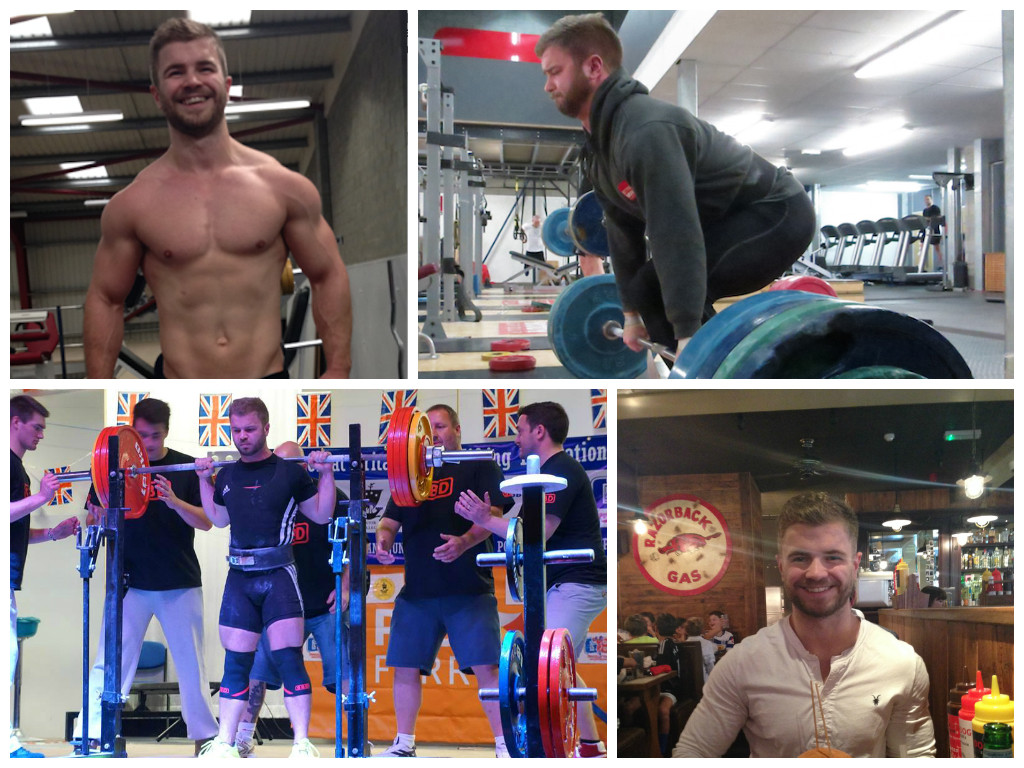 James Blanchard (JB) is a personal trainer and nutrition consultant, working with clients both online and on an in person basis from the Better Body Group in Sevenoaks, UK.
James Blanchard (JB) is a personal trainer and nutrition consultant, working with clients both online and on an in person basis from the Better Body Group in Sevenoaks, UK.
He specialises in getting hard working, busy people lean, strong and confident whilst still enabling them to be social and enjoying life’s pleasures. Ya know, like beer, wine, pizza and stuff.
Taking a scientific and evidence based approach, he designs his clients’ training and nutrition programs in the most effective, time efficient and easy to stick to way possible.
He has a passion for picking heavy stuff up and putting it down again. He channels this through competing in powerlifting, where he currently holding a regional record in the squat. He’s also tried his hand at various other sports, including rugby, bobskeleton and athletics.
To get your hands on some of JB’s best work for free, you can join over a 1000 others and get his Get Shredded Toolkit, containing everything you need to get lean: “5 Rules to Get Shredded eBook”, a whole body training program, a completely personalised diet and comprehensive how-to guide here.


